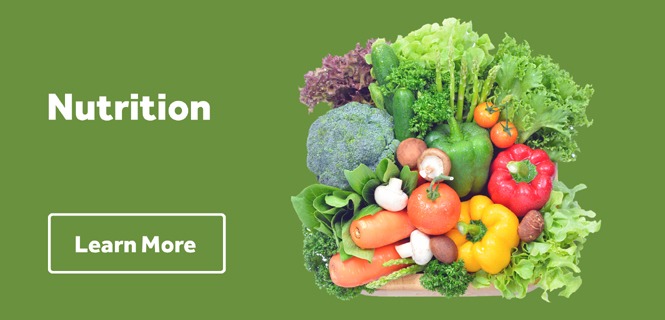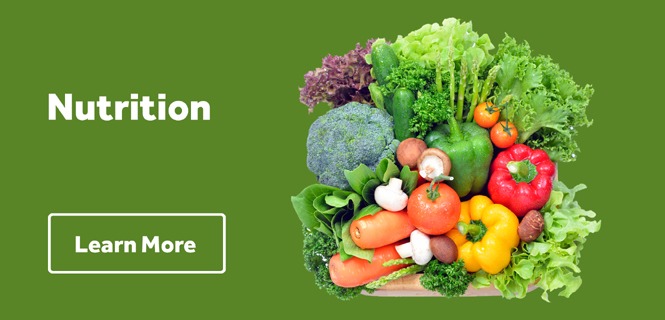 By choosing to live a healthy lifestyle by eating a healthy diet and taking regular exercise, you can reduce your risk of many cancers. Here are our top tips for healthy eating:
By choosing to live a healthy lifestyle by eating a healthy diet and taking regular exercise, you can reduce your risk of many cancers. Here are our top tips for healthy eating:
- Base meals on carbohydrate foods – Try to choose wholegrain varieties as they contain more fibre and make you feel fuller for longer. These include wholegrain rice and brown bread.
- Control Portion Sizes – Recommended portion sizes vary depending on your age and gender. Find out more about portion sizes.
- Eat your 5 a day – Choose a variety of different coloured fruit and vegetables, such as apples, bananas, broccoli, carrots and peppers.
- Eat more fish – Aim to eat at least two portions per week, including one portion of oily fish, which is high in omega 3 (such as mackerel).
- Cut down on saturated fat and sugar – Replace saturated fats (eg butter) with unsaturated fats (eg vegetable oils). Also, cut down on sugary fizzy drinks and cakes to reduce sugar intake.
- Eat less salt – Check food labels for salt content and remember children should eat less salt than adults. See below for salt guidelines.
*Salt = sodium x 2.5*
- 1 to 3 years – 2g salt a day (0.8g sodium)
- 4 to 6 years – 3g salt a day (1.2g sodium)
- 7 to 10 years – 5g salt a day (2g sodium)
- 11 years and over – 6g salt a day (2.4g sodium)
*6g salt = a level teaspoon*
- Check food labels – Food labels can be confusing. Here is a simple guide to food labels.
- Don’t get thirsty – We should drink 6 – 8 glasses of water every day.
- Always eat breakfast – Eating a healthy breakfast kick-starts the day and helps you avoid snacking on unhealthy foods such as crisps, sweets and chocolate bars.
- Get active and be a healthy weight – See our physical activity (link to our physical activity page) page for more information.
Lunchboxes
It’s important to give your child a healthy, balanced lunch box to bring to school. For some healthy lunch box tips see here .







